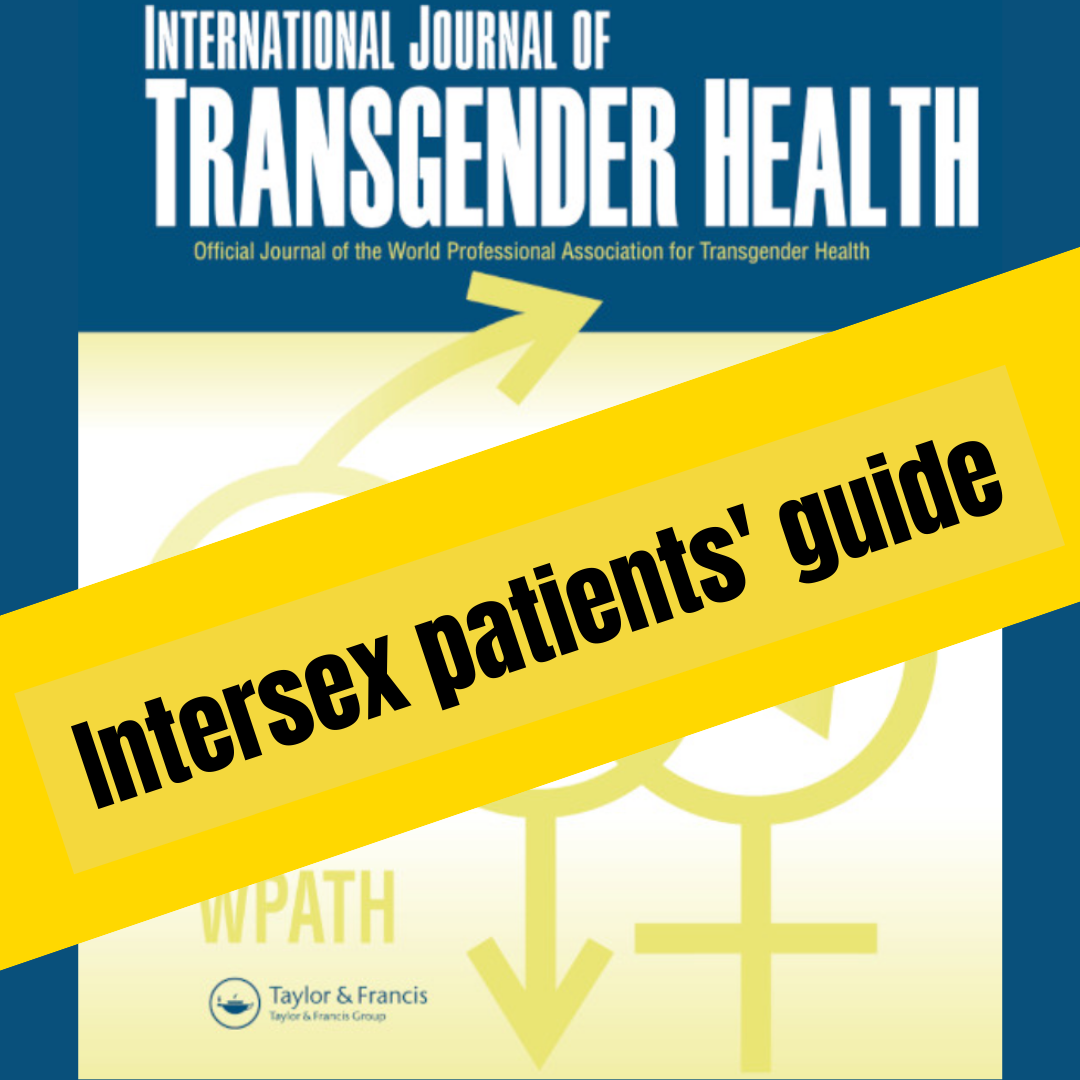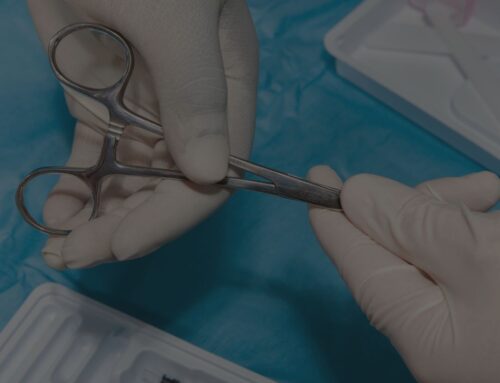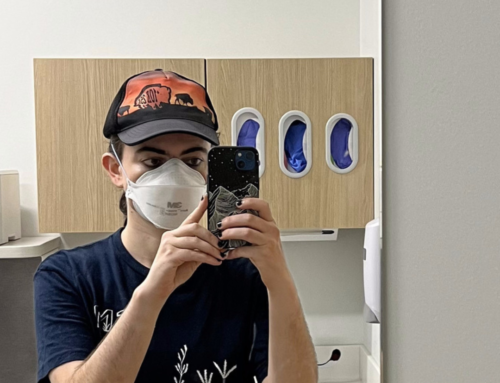Healthcare for transgender people is guided by what’s called the WPATH (The World Professional Association for Transgender Health) Standards of Care. First released in 1979, the standards are updated periodically, and increasingly they’ve included guidance on care for intersex people. This newest release (Version 8) digs deeply for the first time into the unique healthcare considerations and potential medical harms that intersex people face.
Here’s what intersex patients should know!
1. A surgeon can’t make all the decisions.
The guidelines recommend that intersex children be cared for by a “multidisciplinary team” to provide individuals and parents with access to specialists from different disciplines. This aligns with how many hospitals in the US have moved, where decisions are informed by psychiatric & other care team input rather than being steered solely by surgeons. While multidisciplinary teams can’t fix everything – especially if decisions are made without the intersex child’s input – WPATH recognizes that larger and more cohesive teams lead to a greater range of services and options being offered to patients, including psychological and social support.

2. Providers should be familiar with gender identity and encourage gender exploration.
The WPATH standards note that intersex children have increased rates of gender dysphoria and nonconformity. Some develop a transgender or non-binary identity. Gender identity correlations vary based on the intersex variation, with some variations having much higher rates of non-cisgender identity than the average.
While it is not possible to predict any child’s future gender identity with certainty, the chance that an intersex individual may identify with a different gender than the one they are assigned is especially crucial to understand. That is because intersex children are often subjected to particular pressures to conform to gender stereotypes (including through surgery). It’s important that specialists and providers for intersex individuals become trained in affirming patients’ gender and sexuality, knowing that the infants and young children they treat might grow up with a different gender identity than they are assigned.
WPATH recommends that providers can adopt a less binary model of understanding gender, learn to talk about gender diversity with patients and their families, and encourage their intersex patients in their gender exploration from childhood into adulthood. As an intersex person grows up and goes through stages like puberty and considering parenthood and fertility, their relationship to their gender identity might change.
3. Families need supportive counseling about intersex variations and the sex-assignment process
The WPATH guidelines acknowledge that the idea of parental stress often drives providers to assign a sex as quickly as possible, and many parents look for “quick fixes” (like surgeries) so as not to have to confront their child’s intersex traits. Instead of rushing to a decision, WPATH recommends gathering diagnostic information and considering variation-specific data in assigning a sex (because children born with some variations are more likely to have gender dysphoria later on in life), and providing the parents with mental health care and peer support throughout the process to reduce stress or uncertainty.
4. Mental health treatment & support groups are critical for intersex people.
Counseling for both families and intersex individuals can be helpful while processing new information and the feelings it may raise. Counselors can help intersex children understand their variations and develop healthy relationships to their bodies, which can reduce shame and stigma as they grow up. Counseling can also support intersex people in their decision-making about their own medical care.
For parents, receiving supportive counseling about their child’s intersex variation can reduce stress related to the uncertainty and overwhelm they may be experiencing while navigating an unexpected situation, and can help parents provide better care to their children. When possible, team members with intersex traits can be brought on to share their personal experiences to further reduce stigma, which can promote parental acceptance as well as a child’s self-esteem.
As children and as adults, intersex people have improved mental health when they can connect with other people with similar experiences. Support groups for intersex youth are important, and it’s even better when they can connect with people of their same variation.
5. Both parents and providers should have open, stigma-free conversations with intersex children about their intersex traits.
Providers should educate parents in how to talk to their children about their bodily variation. When parents treat their child’s intersex status with shame and stigma, the child can struggle. Open communication about the child’s variations can lead to better mental health. WPATH recommends providers use language like “variation” and “difference” rather than stigmatizing language like “birth defect” or “anomaly.”
Many intersex children are not comfortable talking with their parents about their intersex traits, and it’s important that providers talk to them directly as well so the child can contribute to their own care. As they grow, they may have questions that can be answered age-appropriately about sex, menstruation, fertility, hormone treatment, bone health and cancer risk.
6. End excessive genital examination!
Intersex children, as well as adults, are often subjected to unnecessary and repeated genital examinations (for medical providers’ curiosity or training purposes) when seeking care. These genital examinations are correlated with shame, fear, pain, and can result in PTSD. Fear of genital examinations, medical interventions and shame can be harmful for intersex patients.
7. Intersex people should have a wide range of hormone options presented to them.
WPATH recommends that providers present intersex patients with choices about their hormone-related care, considering the individual’s age, gender identity, and medical needs. Puberty suppression medication, hormonal treatment, and surgeries can all affect an individual’s hormone functioning and development. Puberty suppressants can help give an intersex child who would go through hormonal puberty more time to explore their gender and make up their mind about what type of puberty they would like to go through. People who need prescribed hormones can be presented with multiple hormone options, including going through a puberty that does not align with their assigned sex at birth.
8. Do not perform surgeries on children until they can consent!
The previous version of the WPATH standards only noted that early surgery was common on intersex children, but did not stake out a position against this practice. The updated guidelines now specifically recommend that healthcare professionals encourage parents to delay genital and gonadal surgeries on children with intersex variations when the variation poses no immediate physical risk. This allows the child to best participate in decision-making based on informed consent as they grow up. This recommendation aligns with the stance taken by international human rights organizations, intersex patient advocacy organizations, and a growing number of medical professional associations.
The guidelines specify that the recommendation to delay surgery does not apply in rare cases where surgery is necessary to resolve a medical emergency or where delaying surgery would otherwise pose a physical health risk (urinary obstruction and the exposure of internal organs are examples). WPATH recognizes that most noticeable differences in sex traits are not emergencies; many variations may never need surgery; and even in some cases where surgery may be required in the future, medical interventions can often be safely postponed to allow for the person’s consent.
Despite noting that there is still some disagreement on the timing and outcomes of early surgery, WPATH acknowledges the many complications that can arise from early surgeries (including the potential that a child’s sex assignment may not ultimately line up with their gender identity), and the updated Standards of Care now officially recommend delaying non-urgent surgeries so that intersex individuals can make informed decisions about their own care. This brings the guidelines for intersex people closer to the guidelines for transgender people in terms of promoting opportunities for individuals to determine what is best for their own bodies and lives.
9. Intersex people should be counseled on future fertility outcomes.
Health care professionals need to counsel intersex patients on how the care they are receiving may impact their future fertility, and what their options for preserving fertility might be. Some intersex people can reproduce naturally, and others have reproductive capabilities via their own gonads with the assistance of procedures like IVF or surrogacy. The prescription of hormones and certain surgeries can affect fertility, and intersex patients have the right to know that and make their own decisions.
10. Intersex people should be educated about options for parenthood.
While many intersex people are born fertile, others do face infertility and can be counseled in their options for having a family. For some people, egg or sperm donations might be possible. Adoption is another route to parenthood for some. There have even been early successes in uterine transplants. Some intersex people will be uninterested in raising children, but it’s important for healthcare professionals to be prepared to let their patients know what their options are.






